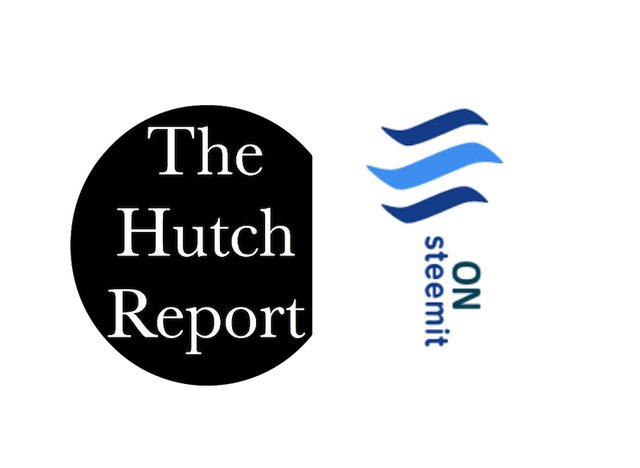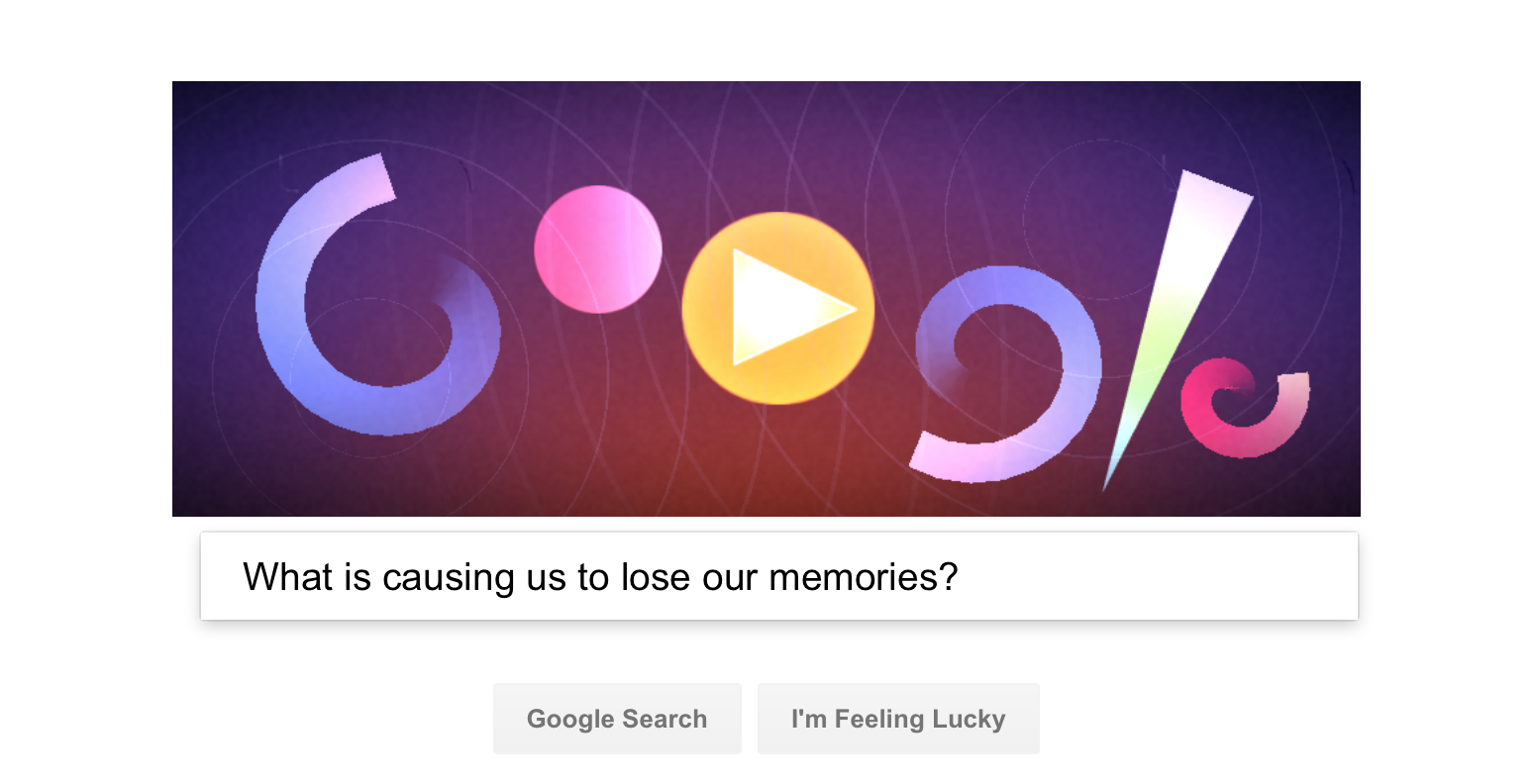How Search Engines are Damaging Your Memory


In 1998, the year Google officially launched, users were making about 500,000 searches per day. Now, there are more than 2.3 million Google searches per minute. That adds up to more than 100,000,000,000 Google searches per month. For each one, Google takes over 200 factors into account before delivering you the best results to any query in 1/8 of a second. While it is convenient to have the sum of all knowledge at our fingertips, studies are now showing that the “Google effect” is changing the way we think.
We are relying on Google to store knowledge long-term, instead of our own brains. Neuroimaging of frequent Internet users shows twice as much activity in the short term memory as sporadic users during online tasks. Basically, our brain is learning to disregard information found online, and this connection becomes stronger every time we experience it. So the more we use Google, the less likely we are to retain what we see.
In a 2011 experiment published in Science Magazine, college students remembered less information when they knew they could easily access it later on the computer. We are now 6 years on from that study and have to think that the results are not getting any better. Our brains use information stored in the long-term memory to facilitate critical thinking. We need these unique memories to understand and interact with the world around us. If we rely on Google to store our knowledge, we may be losing an important part of our identity.
According to Journalist Nicholas Carr, it is becoming more evident that technology definitely has an effect on our memory. He wrote in his book The Shallows: How The Internet Is Changing Our Brains, that if you’re constantly distracted and taking in new information, you’re essentially pushing information into and out of your conscious mind. You’re not attending to it in a way that is necessary for the rich consolidation of memory.
In order to move information from your conscious mind (what’s known as the working memory) into your long-term memory requires a process of memory consolidation that hinges on attentiveness. You think about the information or rehearse it in your mind in order to form a strong memory of it, and in order to connect it to other things that you remember. One study out of Columbia University showed that when people know that they’ll be able to find information online easily, they’re less likely to form a memory of it.
Test Yourself!
Take this simple test: Can you recall what the main news stories were last week? (Be honest!
Chances are you were not able to.
Global Positioning Systems (GPS) used to get you to your destination is making you worse at finding the way alone. Scientists studying what satnavs do to the brain have found that people using them effectively switch off parts of the brain that would otherwise be utilised to simulate different routes and boost navigational skills.
Researchers found that when volunteers in an experiment navigated manually, their hippocampus and prefrontal cortex brain regions had spikes of activity. But these were not seen when the volunteers simply followed satnav instructions.
There are also studies suggesting a loss of cognitive control — not only a loss of attention, but a loss of our ability to control our mind and determine what we think about. One researcher from Stanford pointed out that the more you get used to the technology and the constant flow of information that comes through it, it seems that you become less able to figure out what’s important to focus on. Instead, your mind gets attracted just to what’s new rather than what’s important.
Daniel Goleman, the bestselling science writer and author of “Focus” argues that we’ve become a species crippled by distraction and looks at new techniques to help wean children — and adults — off their phones and consoles.
The inability to resist checking email or Facebook rather than focus on the person talking to us leads to what the sociologist Erving Goffman, a masterful observer of social interaction, called an ‘away’, a gesture that tells another person “I’m not interested” in what’s going on here and now.
In “Mind Change,” neuroscientist, entrepreneur and British politician Susan Greenfield argues that our technologies are not only addictive — they are an existential threat. The brain, she writes, has an “evolutionary mandate to adapt to its environment,” and the digital world is changing at too rapid a pace for individuals or government regulations to keep up.
Great post. The same thing apparently happens when we're taking photos. The chances that we will memorize the captured event are much smaller when we're observing them through the lense. It's sad to watch this selfie/photo/video obsessed culture sometimes. I just hate it when people spend recording half the concert on the phone. It's not like they ever go back and listen to the recordings through the crappy phone speakers.
I agree completely. We only go around once. Photos are nice but sometimes it is best just to sit back and take it in. I talk about it in this post. If you have never been, it is a place to visit.
https://steemit.com/travel/@thehutchreport/travel-and-the-power-of-now-from-the-aegean-sea
That is true, but don't you think now you have more time to enjoy life and more time to plan for the big things in life and not memorize historical data, little to-dos that you can put in your google calendar or any unsignificant task that does not require wisdom.
wow, you read that fast! There are a lot of speed readers in here. It is a nice way to look at it but it is not really the point. The point is instant gratification with searches is forcing our brains to adapt to a system that doesn't require its functionality like it used to.
That's why I use DuckDuckGo!
Lol, nice reply, but you will get the same result as DuckDuckGo, the only difference is Google won't know about it.
Haha true that!